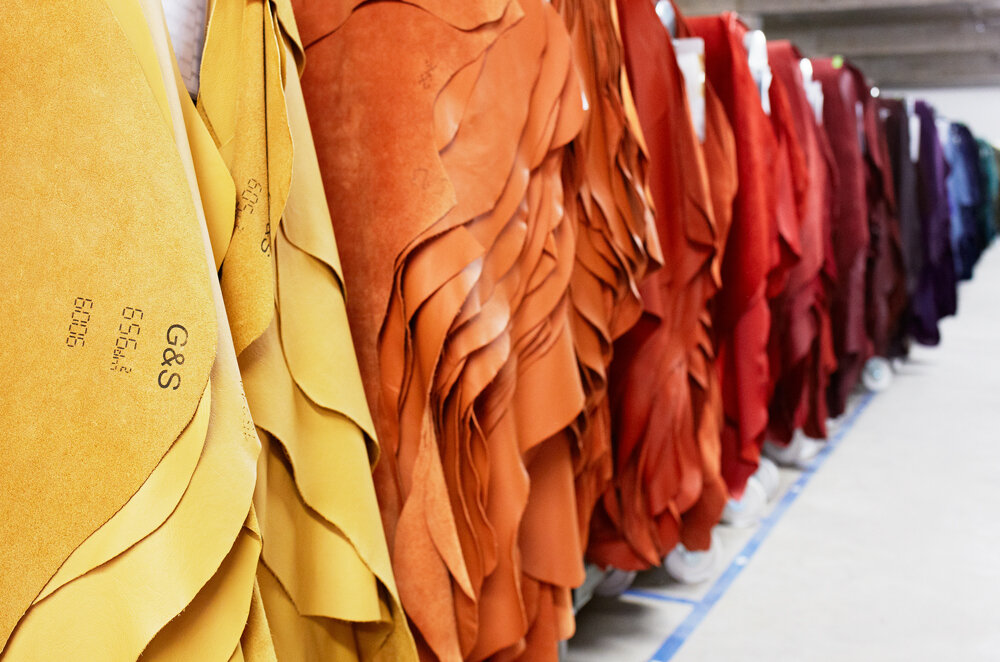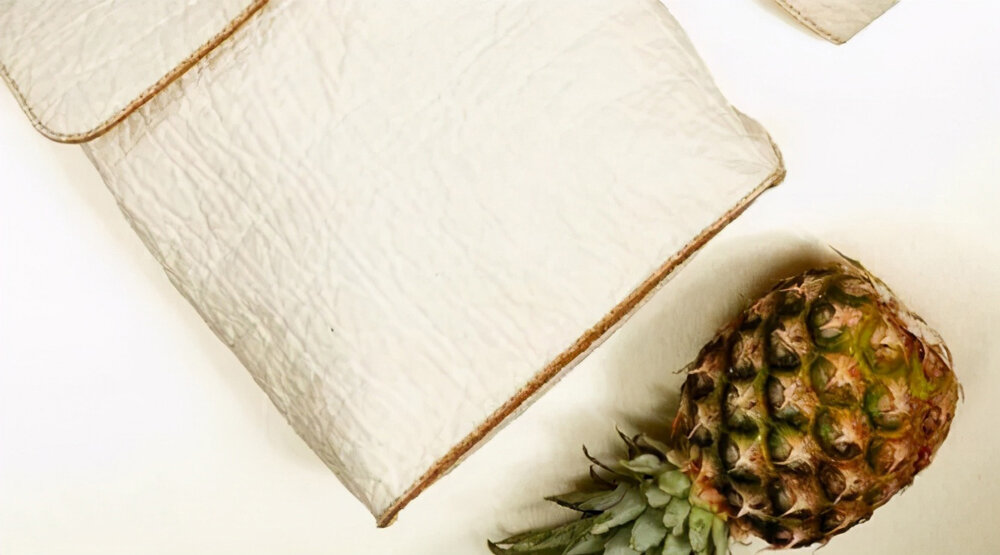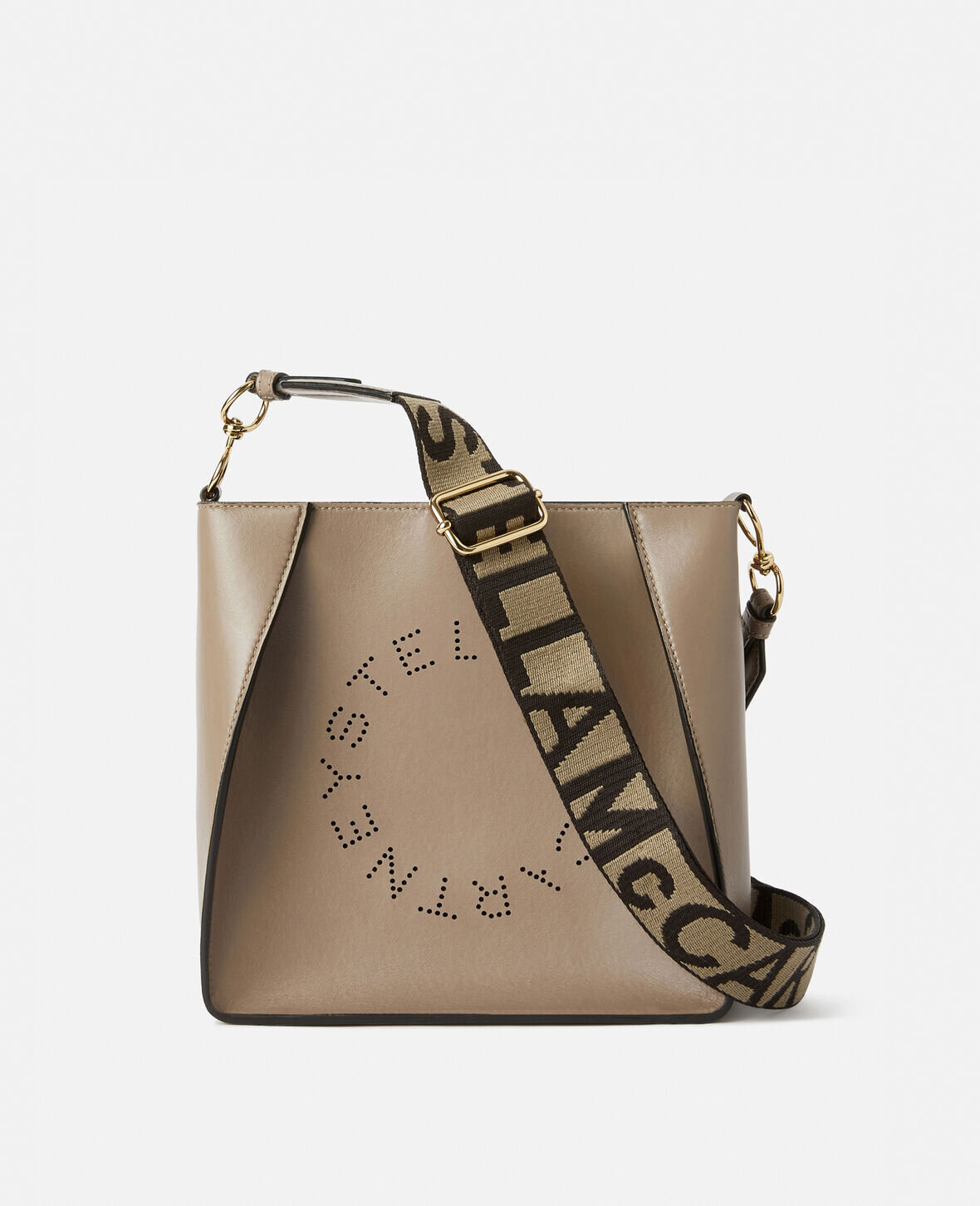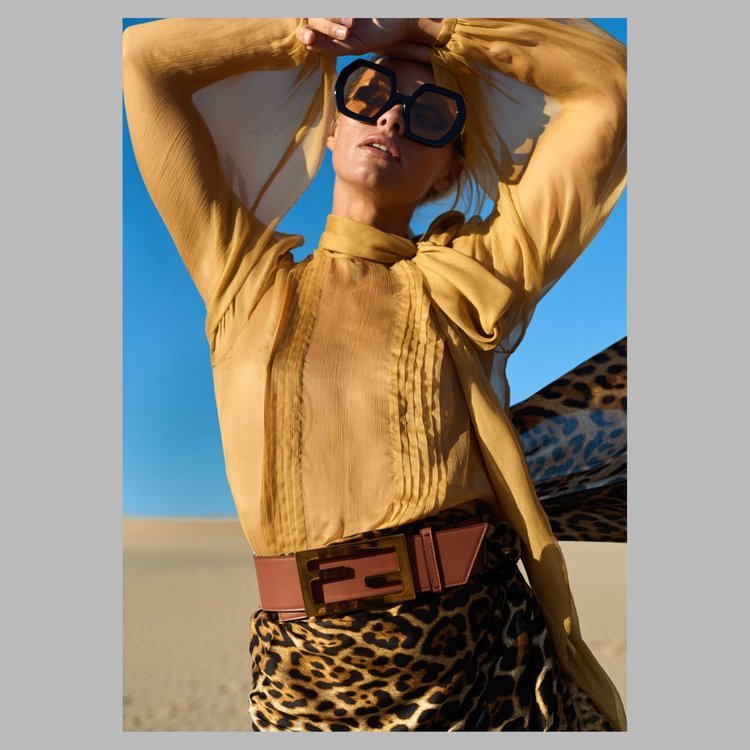Let's Ditch Authentic Leather
Leather has long been a controversial topic of debate within the fashion industry, as many want to achieve the sleek, edgy look that leather can offer, but without causing detriment to animals and the environment. This debate does not come without good reason. Authentic leather has a rather dark history. Before educated connections were made between what we wear and the world around us, many lived in ignorant bliss, sporting authentic leather without much regard for where it came from and the production processes behind it. Today, we have shed light on the leather industry and how harmful it can really be to the natural environment.
As discussed by PETA, the first step in producing authentic leather is raising the animals from which leather is derived (usually cows but also pigs, goats, and even sheep). Raising mass numbers of animals requires excess resources, land (leading to increased deforestation), and fossil fuels. Additionally, the result of tending to so many animals is usually extreme amounts of animal waste; this is the type of waste that pollutes and clogs our vital waterways. Leather also requires the use of many dangerous chemicals before the product hits store shelves, including formaldehyde and arsenic, which to cause discomfort and skin irritation and have been classified as probable human carcinogens. These chemicals also make it nearly impossible for leather to biodegrade properly. Of course, these are some of the most shocking effects of leather production, but the most shocking statistic is that every year the global leather industry kills more than a billion animals, just to profit off of their skin and hides. Not only is leather hurting us, but it injures other species as we invest in authentic leather.
The implications of authentic leather have led to many alternatives, that are safer and include vegan solutions, so that the fashion-obsessed can still achieve a killer look without actually killing animals. We have come a long way with the help of science, creating a slew of different environmentally friendly leather look-alikes, such as piñatex, which is made from the unused parts of pineapple trees, and include vegan cork leather, mushroom leather, teak leaf leather, cactus leather, leather made from the pulp of mango skin. There is even a safe substitute that is created by breaking down recycled plastic bottles. This signals represent a shift in the way we view fashion and the resources required to create garments. Instead of harming the planet, we are learning how to use resources wisely and harmoniously to create ethical items that last.
The vegan leather industry is beginning to rival the harmful authentic leather industry, as it was valued at over $30 billion in 2020, and it is estimated to grow by at least $10 billion more in the next five years. Learning to reuse scraps and what would have otherwise been labeled as trash without threatening the planet and its valuable species will hopefully continue to be the future of fashion.
Although there are countless, feasible replacements for animal leather, there may still be skeptics who do not believe in alternatives. Many leather-enthusiasts believe that the quality of vegan leather is not as luxurious as the real deal, but in most cases, vegan leather cannot be differentiated from authentic leather. A multitude of brands boast vegan products that are even softer and butterier than animal leather. A qualm that many have when it comes to vegan leather is whether or not it truly is all made sustainably, and the answer is, it varies. Some brands, although they may promote “eco-friendly” practices, still use harmful synthetic textiles or artificial by-products, so it is the consumer’s job to choose wisely and to do the background research to assure a smart decision. Overall, it has been proven that the vegan leather industry’s impact on the environment is one-third lower than authentic leather, and this is a difference worth acknowledging.
To assist you in your vegan leather pursuits, PhotoBook has compiled a list of some of the best vegan leather brands:
A.W.A.K.E Mode: A.W.A.K.E Mode, a London-based brand, offers gorgeous “leather” and “suede” products, such as handbags and jackets. Its products are made of “leather” derived from bio-polyols, which consist of plant materials.
Where to Buy: https://fave.co/3DyFGgI
Stella McCartney: Stella McCartney has long been hailed for promoting veganism within fashion. The hailed brand sells many luxury items made from animal-free leather in multiple different colorways.
Where to Buy: https://fave.co/3nxBBnz
Will’s Vegan Store: Will’s creates an assortment of vegan footwear for men and women created from bio-oil drawn from organic crops.
Where to Buy: https://fave.co/3x3f2dv
No item of clothing is truly worth the torturing of animals and the worsening of our planet’s health. If you have the option, shop vegan leather and make a difference by joining in on the newest wave in fashion. Plant based is better!
Article by Kayla Curtis-Evans, Contributing Sustainable Editor PhotoBook Magazine
Tearsheets by Maelle Eugene, Contributor, PhotoBook Magazine








